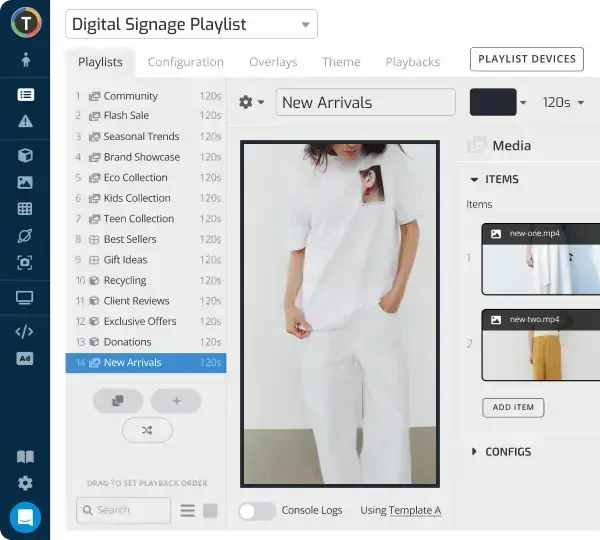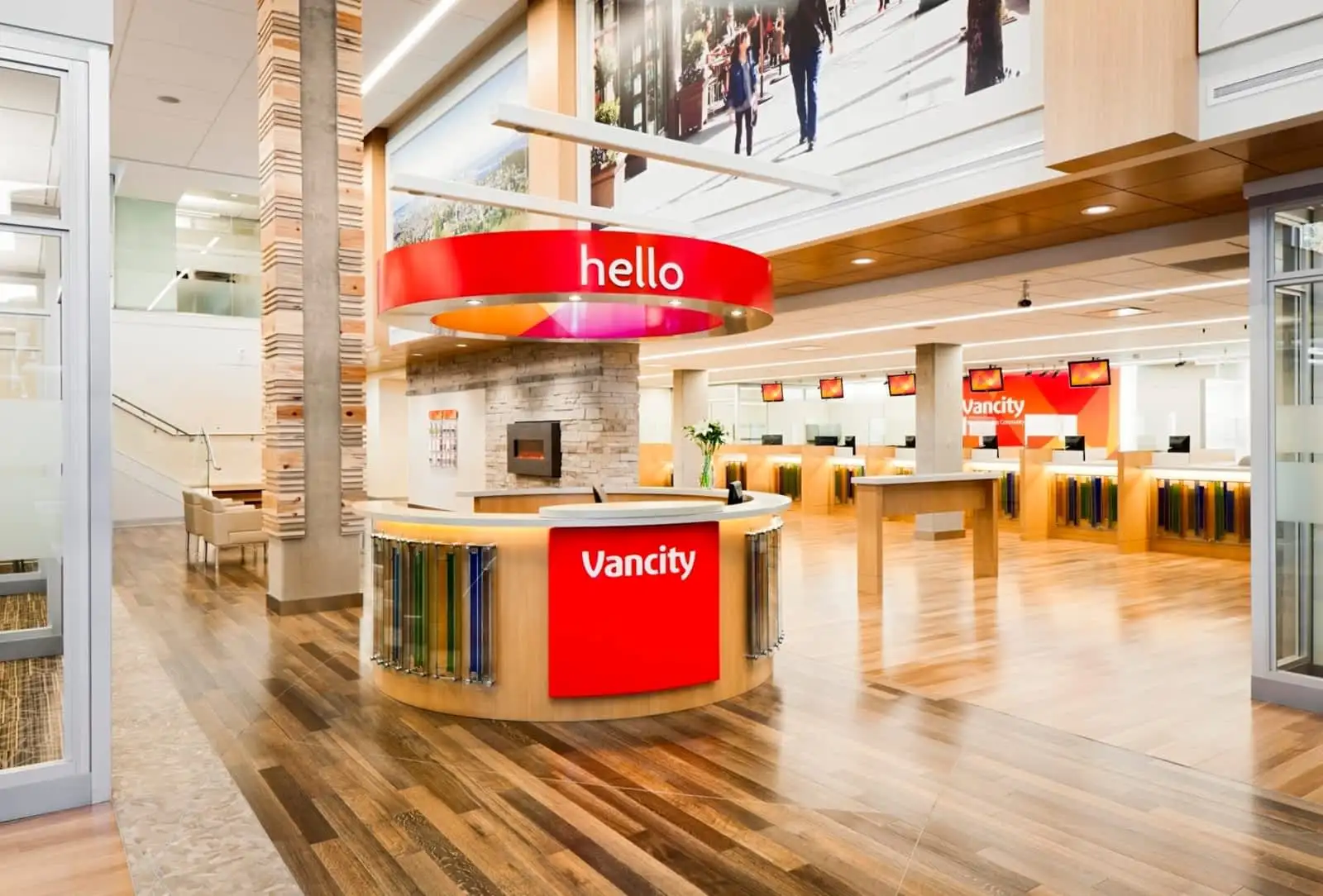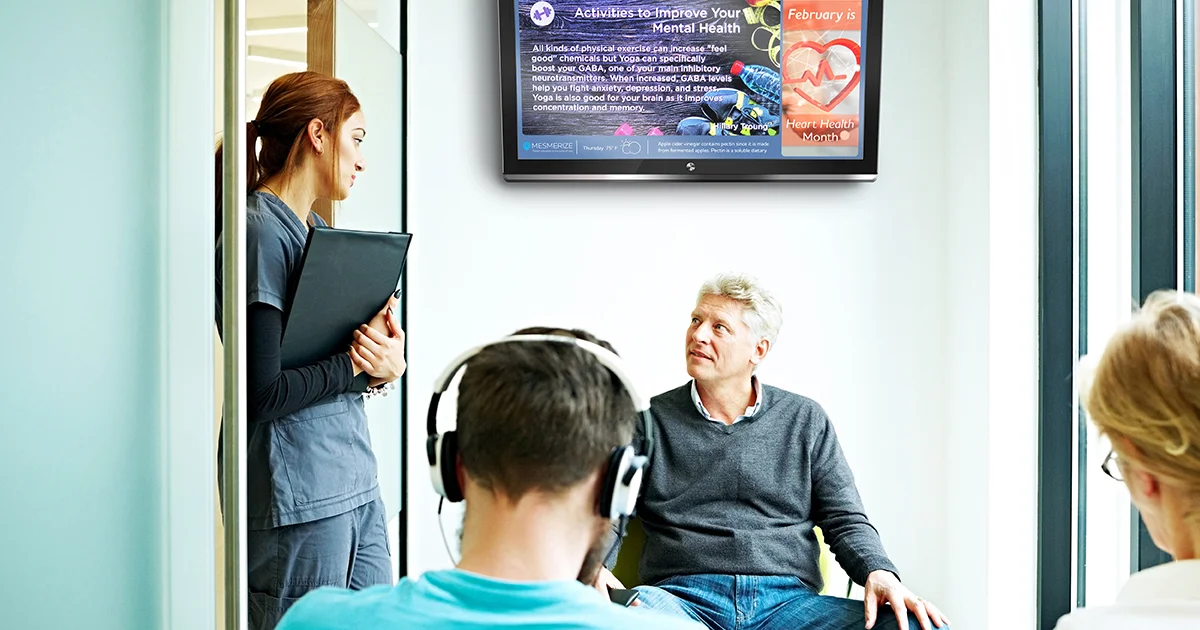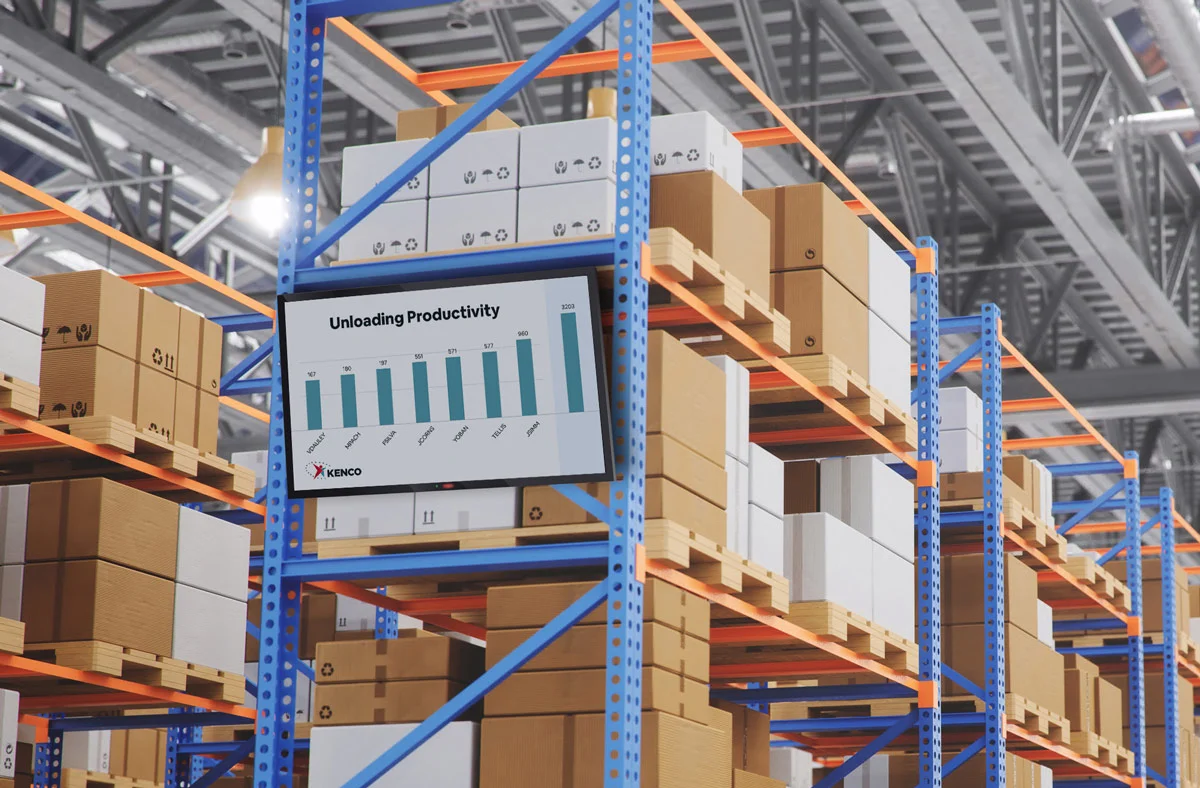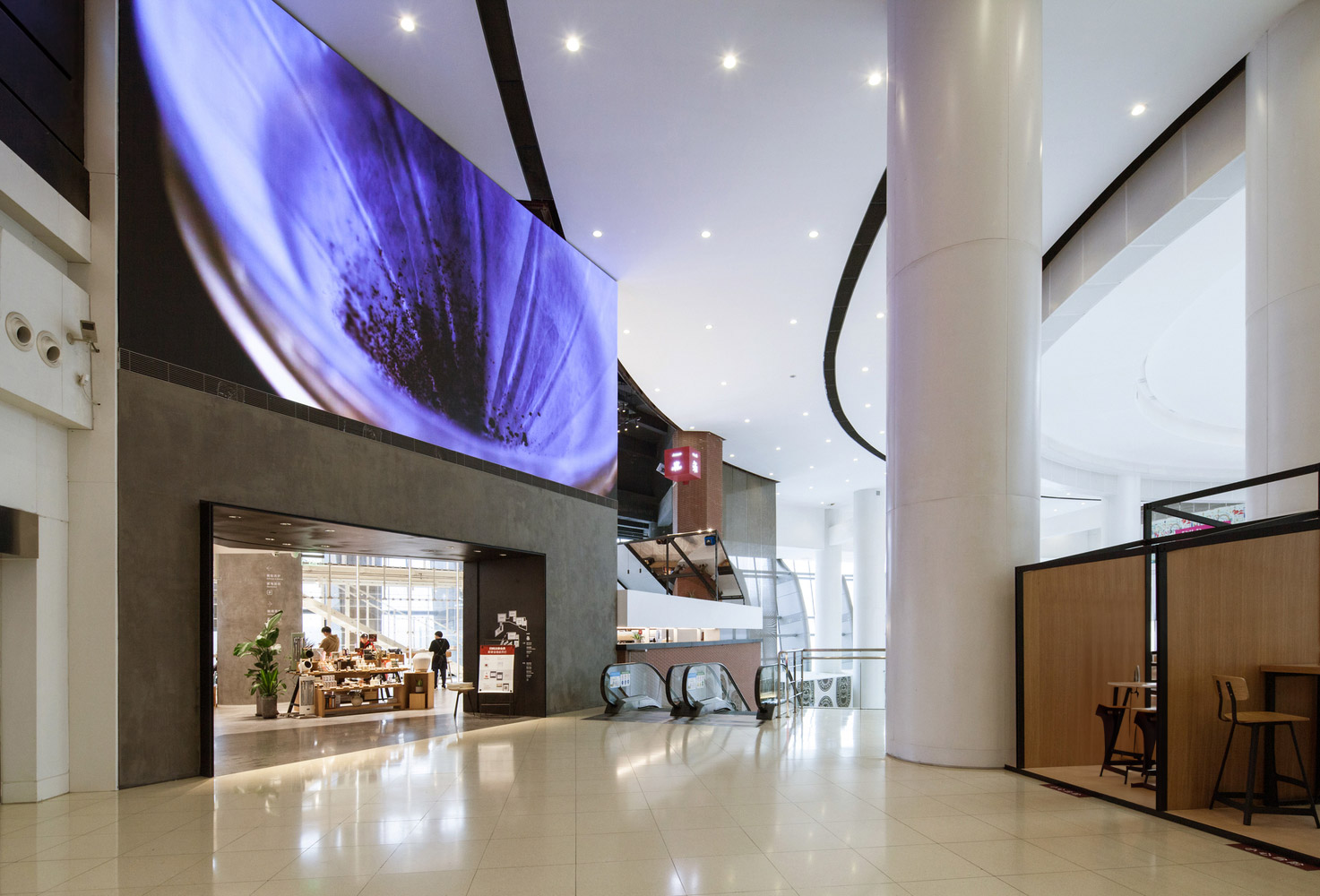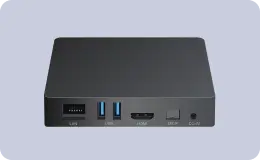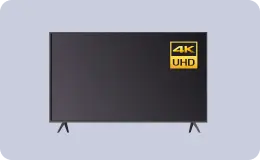Why Office Digital Signage Matters
WRITTEN BY: TelemetryTV, 03-12-2025
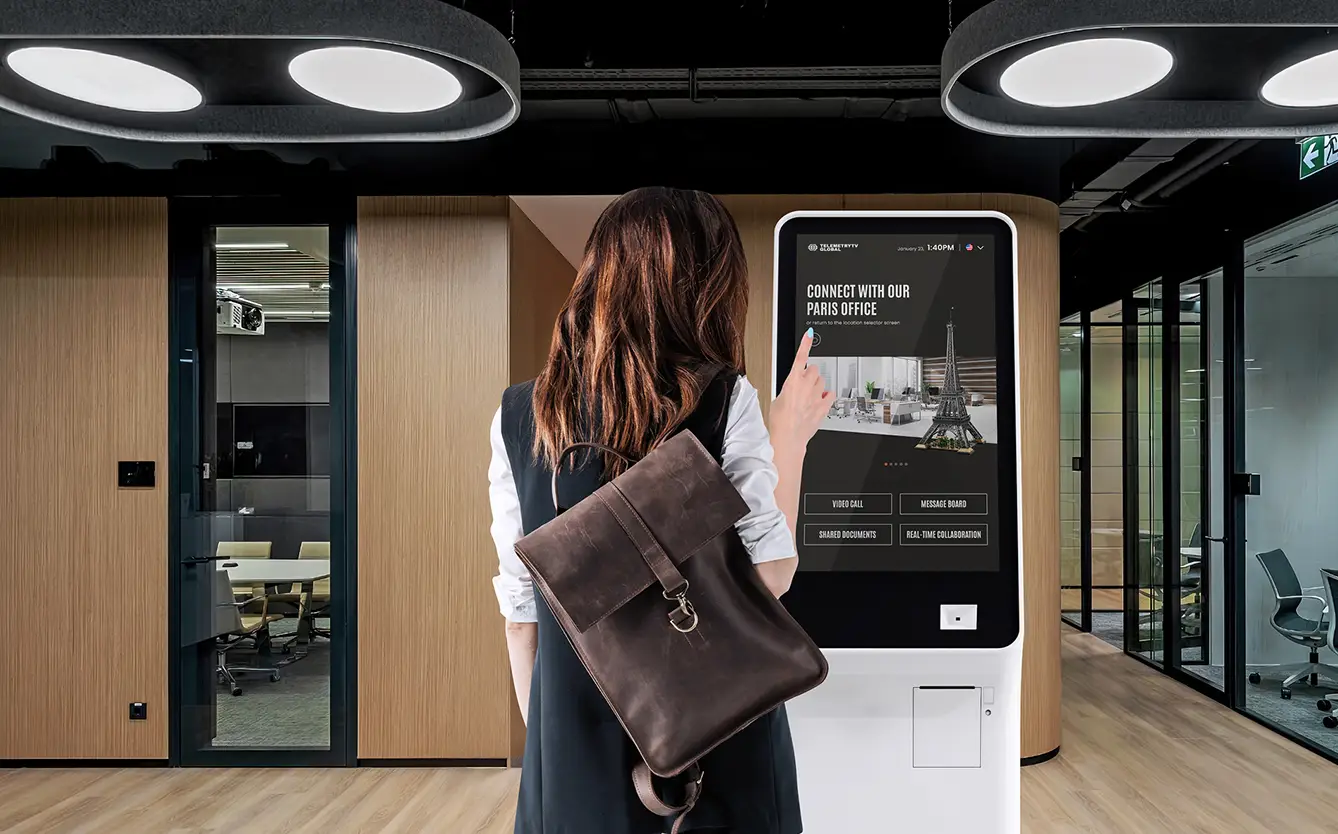
In today’s corporate world, communication can feel overwhelming: endless emails, chat notifications, and scattered bulletin boards often bury vital information. Enter office digital signage, a dynamic, screen-based solution that delivers critical updates, performance data, and company highlights in real time. Studies suggest digital screens draw up to 400 percent more views than static signs, a metric that resonates with companies seeking stronger engagement.
Whether you run a bustling finance firm or a boutique creative agency, the advantages of office digital signage are clear. It captures employee attention, reduces email overload, and showcases internal metrics that keep teams aligned. Leading enterprises across industries, from coffee chains to technology giants, have adopted digital signage to streamline communications and instill a sense of shared purpose.
The Key Benefits of Office Digital Signage

Immediate Visibility
Digital signage brings essential messages straight to employees’ sightlines. While group emails are often ignored or lost, screens in high-traffic areas (such as breakrooms and hallways) are near-impossible to miss. By broadcasting company news or performance dashboards, leadership ensures everyone is on the same page.
Real-Time Updates
Information changes fast. A digital display that can be updated from a central dashboard enables rapid shifts in messaging. From sharing news alerts to rotating the latest sales metrics, signage keeps everyone in the loop without printing new materials or sending repetitive emails.
Data-Driven Engagement
Posting live dashboards fosters a data-driven culture. Employees see metrics—sales quotas, customer satisfaction figures, or project progress—often updated by the minute. This visibility not only boosts accountability but can also motivate teams to reach key targets.
Enhanced Culture and Recognition
Celebrating milestones on vibrant screens resonates more than a quick email shout-out. Digital signage can rotate photos of high-performing teams or highlight employee stories, ensuring achievements stand out.
Cost and Sustainability
While hardware investments are needed, digital signage cuts ongoing printing costs, saves time, and significantly reduces paper waste. It’s a more sustainable way to keep your workforce informed and engaged.
How Office Digital Signage Compares to Traditional Channels

Below is a quick view of the differences between traditional methods and office digital signage:
| Method | Advantages | Drawbacks |
|---|---|---|
| Mass Email | Quick to send | Often ignored amid inbox clutter |
| Printed Posters | Low-tech, familiar | Outdated quickly; costly reprints |
| Digital Signage | Eye-catching, dynamic | Requires hardware and software setup |
Digital signage blends the speed of email with the visibility of posters, minus many of the drawbacks. Content changes in seconds, no printing is required, and employees are more likely to notice dynamic screens in their daily routines.
Essentials for Implementing Modern Office Digital Signage
Building a successful digital signage strategy calls for careful planning. Here’s a condensed checklist:
Define Your Goals
Are you trying to improve team awareness of KPIs, reduce company-wide emails, or unify culture across multiple offices? Pinpointing your objectives first will guide content decisions.
Assemble Stakeholders
Rollouts fare best when Corporate Communications, HR, IT, and Facilities collaborate. This cross-functional team ensures that your messaging strategy aligns with hardware and network requirements.
Select a Digital Signage Software
An intuitive, cloud-based tool is vital. TelemetryTV’s digital signage software offers scheduling, robust integrations (for data dashboards, social media feeds, and more), and security features that enterprises demand.
Plan Content and Channels
Digital signage shines when content is tailored to specific audiences. For instance, display KPIs in a sales area, while HR reminders might occupy breakroom screens. Incorporate variety—company news, metrics, birthdays, and safety announcements—to keep displays fresh.
Choose Hardware
Evaluate whether commercial-grade screens suit your needs or if consumer TVs suffice. You’ll also need dedicated media players or SoC (system-on-chip) displays. TelemetryTV’s digital signage software runs on a wide range of devices, from small TV sticks to enterprise-grade players.
Pilot and Refine
Test on a handful of screens, verify that content is displaying properly, and gather employee feedback. Adjust the frequency of content rotation, troubleshoot device connectivity, and refine your playlists accordingly.
Monitor Performance
Use built-in analytics or feedback loops to see if employees are engaging with the displays. If certain content seems unnoticed, adjust visuals and message timing. Regularly review the screens’ status to avoid blackouts and stale announcements.
Best Practices for Success

Refresh Content Regularly
Stale content leads to screen “blindness.” Update slides often and use scheduling features to ensure fresh material appears.
Keep It Visual
Research shows our brains process visuals faster than text. Opt for charts, bold fonts, and short headlines. Data dashboards are best displayed via a secure integration, which TelemetryTV’s digital signage software handles seamlessly.
Segment by Department
Tailoring displays to specific office zones boosts relevance. Finance teams may want real-time stock data, while engineering might appreciate sprint progress metrics displayed on screens.
Highlight Achievements
Recognizing employees on digital signage fosters a stronger workplace culture. Celebrate milestones and show team photos or success stories to keep corporate spirit and morale high.
Integrate With Other Channels
Digital signage should complement—not replace—internal emails and collaboration tools. Reinforce key messages on screens to drive awareness and direct employees to more detailed content elsewhere.
Stories of Success
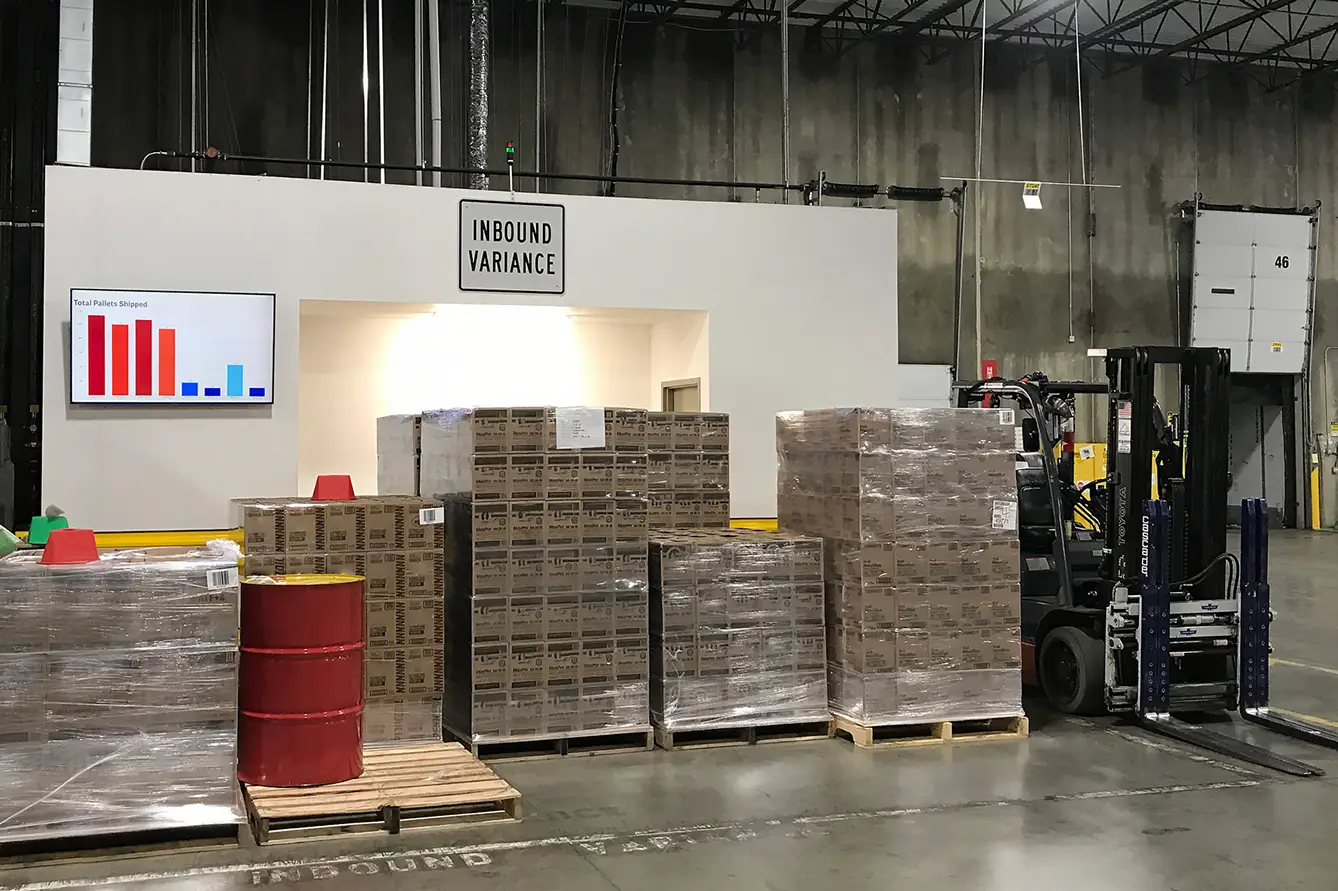
Organizations of all sizes have embraced TelemetryTV’s digital signage software to power office communications:
• Starbucks has used digital screens not only in retail stores but in corporate offices to unify messaging and promote a shared culture.
• Boston Consulting Group (BCG) broadcasts live project insights in common areas, ensuring consultants stay updated on critical engagements.
• Amazon, famous for its focus on data, publishes operational dashboards through digital signage to keep teams across various facilities informed.
• ABB, a leader in industrial technology, displays both corporate announcements and safety metrics in offices and plants, connecting frontline workers with executive leadership.
• JBS, one of the largest food-processing companies, disseminates multilingual content quickly, ensuring production line workers and corporate staff share the same updates.
• Kenco Logistics has seen a documented rise in productivity—over 10 percent in some facilities—by showcasing real-time performance data, enabling on-the-fly corrections and recognition.
In each case, companies found that real-time displays foster transparency and bolster collaboration. Broadcasting essential dashboards around the office, from the lobby to the cafeteria, ensures that no one misses critical updates.
Final Thoughts and Next Steps
Office digital signage has evolved into a linchpin of modern workplace communication. By placing data, messages, and recognitions front and center, companies can transform how employees interact with both their work and their colleagues. The best results emerge when a clear purpose meets reliable technology: hardware built for 24/7 operation, user-friendly scheduling tools, and a design ethos that values brevity and visuals over text-heavy slides.
Gain Real-Time Engagement and Visibility
Optimize office communications with dynamic, data-driven content on TelemetryTV’s digital signage software. Empower your teams to stay informed, engaged, and aligned in real time.
Start for Free